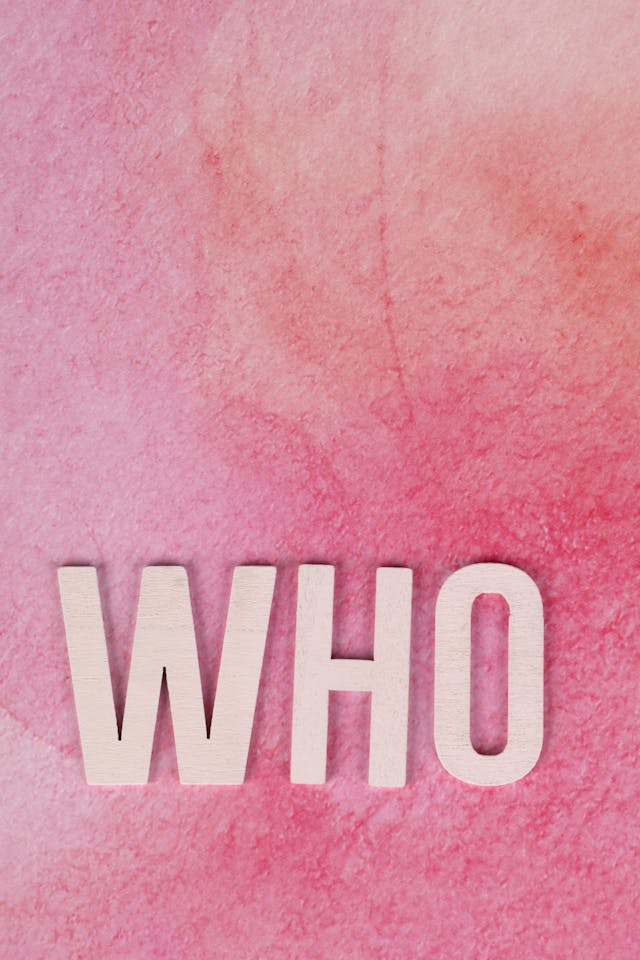
I wasn’t born a Christian. I grew up in a Hindu household where my mother was deeply devoted to her faith. Every Sunday, we attended church, and every year we hosted a puja—a ritual meant to bless our home, inviting family and friends to witness this sacred ceremony. We celebrated Hindu holidays throughout the year, fasting for over a week at times. Mondays were our meatless days, a small sacrifice in devotion. My sister and I played the harmonium at church; she sang, and we took part in events filled with dances, poems, and more. Our involvement was much deeper than a mere tradition.
After two decades immersed in Hinduism, you might think I’d be a devout follower. But the truth was, I felt disconnected. I was confused by the stories of multiple gods, many of whom seemed to be in conflict with each other. Who was the true god? How could I put my faith in a deity that seemed to lose battles? I was told that I was missing the deeper meanings behind these stories, but I needed a protector—a higher power that promised safety and strength. Instead, I felt abandoned. If all our sacrifices were so important, why wasn’t my life getting any better?
During the years of abuse, I found myself questioning everything. If God was real, why wasn’t He stepping in? Why was I still trapped? One encounter sealed my doubts. It was a typical Saturday, and I was cleaning near our altar. My mother asked me to demonstrate how I prayed. Fear seized me because I didn’t know how, and I sensed what was coming. She grew impatient, her voice rising, and I panicked. I recited a mantra I’d learned from my grandfather—a familiar chant, but not truly a prayer. Her face hardened. Without a word, she went to the kitchen and returned with a cleaver. She cut my forearm, then my elbow, and the blood flowed. Standing there, right in front of the altar, I wondered how any god could allow this. I realized there was no safety in this faith, no divine protection. From that day forward, I declared myself an atheist. I stopped believing in any god.
Everything changed during my senior year of high school when I watched The Passion of the Christ. Until then, I had known of other religions but never truly understood them. I had kept their beliefs at a distance, assuming everyone had their own truths. But something in that movie stirred my heart. I felt a strange connection, particularly during the scenes where Jesus was dragged to the cross. I recognized his burden—the weight of unjust suffering, the pain of being mocked and beaten. It resonated with my own experiences. I felt a profound sorrow for him, but I pushed those feelings aside, reminding myself that this wasn’t my faith. It was just another culture I was passing through.
I went off to college, returned home, and kept participating in the Hindu traditions because it was what I had always known. Yet, I couldn’t ignore the peace I felt when I attended mass at college. It was a feeling of lightness, freedom, and calm. My best friend at college, who was deeply devoted to her faith, didn’t push me. Instead, she welcomed my curiosity and answered my questions with a quiet authenticity that I admired. My life seemed to keep crossing paths with Jesus in unexpected ways.
But when the time came to consider baptism, I ran. I was overwhelmed with guilt—like I was betraying my grandfather and the faith I was born into. I was still young, uncertain, and caught between two worlds I didn’t yet fully understand.
Overcoming the illusion of a distorted reality